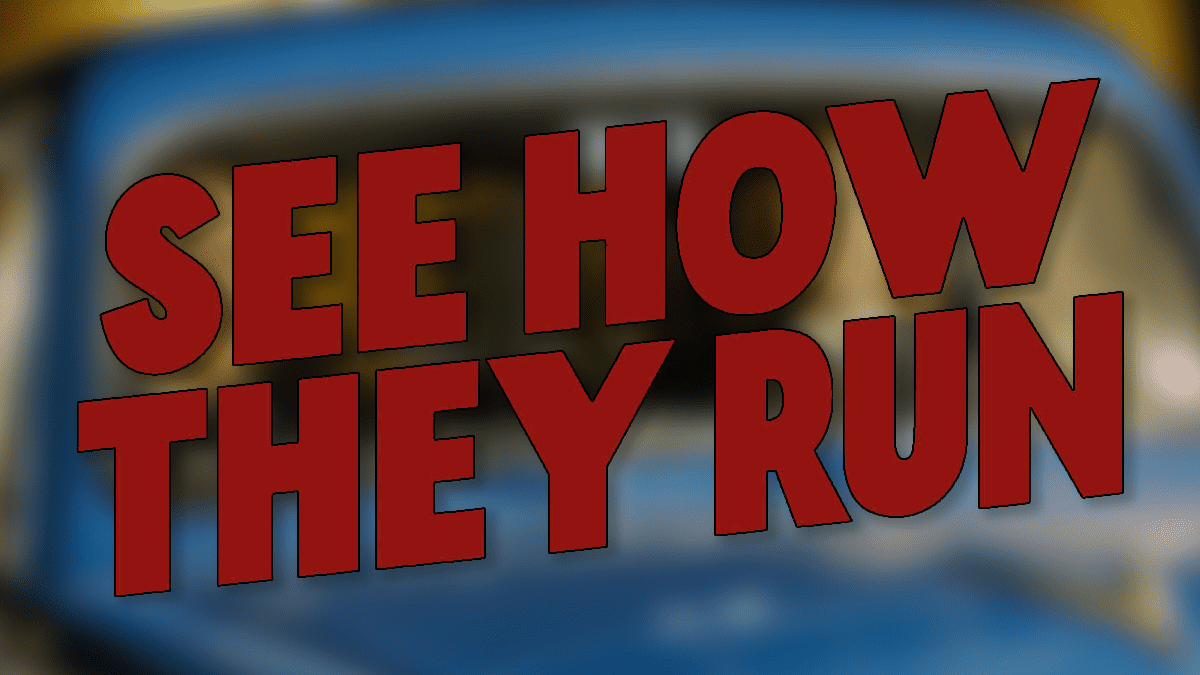How to Strengthen Mental Health with Pop Culture
Engaging in culture, the arts, and entertainment can strengthen mental health. Enjoying entertainment and the arts can be emotionally fulfilling, intellectually stimulating, and fun. A satisfying creative outlet can enrich life and feelings of well-being.
If you or a loved one is concerned about mental health issues, please reach out for help. Helpful advice, support, and access to individualized treatment and licensed mental health professionals can be found at https://www.mytherapist.com/advice/.

Movie Fans and Mental Health
Watching films can boost mental health in a number of ways. Movies can help us:
- See things from a different point of view. A fresh perspective may help us learn new coping skills and healthy decision-making.
- Increase empathy. Emotionally connecting with others and understanding their feelings can help strengthen relationships, as well as deepen self-understanding.
- Enjoy ourselves. Enjoyment can offer an emotional boost and a positive distraction from difficulties and challenges.
- Express emotional release. Laughing and crying during movies can be cathartic.
- Learn about ourselves. By watching characters and their actions and decisions, we can learn about ourselves, our motivations, and the consequences of behaviors.

TV—The Small Screen Can Offer Big Brain-Boosting Benefits
- Watching TV can offer a quick way to escape from negative thoughts and anxiety.
- Upbeat shows and comedies can provide an outlet for stress.
- Watching characters manage situations can encourage problem-solving skills.
- Shows that boost positive feelings or encourage creative thoughts may be particularly helpful for enhancing mood.
Cue the Music for Mental Health
- According to research, listening to music triggers the release of the brain’s feel-good chemicals, such as dopamine, which is linked to feelings of pleasure, and oxytocin, which is linked to feelings of love and connection. Music can also lower cortisol, a stress hormone.
- Music can help with mood regulation.
- Music can calm the brain and help lower levels of stress and anxiety and ease symptoms of depression.
- Analyzing lyrics can serve as a way to process emotions and explore themes of life.

Get Book Smart
- Research shows that reading offers an array of health benefits, both physical and mental.
- Reading can help manage stress and lower blood pressure.
- Reading increases empathy: the ability to understand the feelings of others, which is important for human connections that support mental health.
- Reading can help alleviate symptoms of depression by lessening feelings of isolation and sharing characters’ imagined experiences.
- Reading is frequently recommended as part of a healthy bedtime routine as it can be relaxing and encourage falling asleep and staying asleep. Regular and enough sleep are important for maintaining strong mental health.

Visual Art is Good Medicine
- Creativity can be used to ease stress.
- Visual art can be a wordless form of expression.
- Creating or viewing art can help you get into a flow state of positive emotions. Flow state is a subjective feeling of losing yourself in the moment. Attention is focused on the task. It is helpful for living in the moment and not dwelling on negative thoughts and feelings.
- Aesthetic experiences—sensory enjoyment and perceptions—can enhance mood and support feelings of well-being through positive effects on thoughts and emotions.
An Overview: Evidence that the Arts and Culture Can Improve Well-Being
Much research has been conducted on ways that the arts and culture can support health and well-being, both emotional and physical. The World Health Organization (WHO) offered a synthesis of evidence of the arts improving health, including mental wellness.
WHO explains that categories of the arts and culture are broad and fluid, but generally offer mental health support and include:
- Performing arts—such as film, music, and theater.
- Visual arts and design—such as paintings, drawings, photography, crafts, and sculpture.
- Literature—including reading and writing.
- Culture—such as participating in cultural events or arts that reflect and engage pop culture.
- Digital and electronic arts—such as animation and computer graphics.
Evidence shows that engaging in the arts can elicit responses that enhance mental wellness in several areas, including:
- Psychological—such as coping skills and emotional regulation.
- Physiological—such as lowering the release and responses of stress hormones.
- Social—such as strengthening support, reducing feelings of isolation, and improving social behaviors.
- Behavioral—increasing engagement in healthier behaviors.
There is credible evidence that engaging in the arts and culture can promote and protect mental wellness. We can benefit from enjoyment and also from the creativity and connections that allow us to relax, engage, gain new perspectives, and live life more fully.

Marie Miguel has been a writing and research expert for nearly a decade, covering a variety of health- related topics. Currently, she is contributing to the expansion and growth of a free online mental health resource with MyTherapist.com. With an interest and dedication to addressing stigmas associated with mental health, she continues to specifically target subjects related to anxiety and depression.
Want more Pop Culture Articles?
RELATED ARTICLES:
1. 31 Anime Characters with Red Hair
2. 69 Best Data Quotes from Star Trek TNG and the Star Trek Movies
3. 25 Sinister Lex Luthor Quotes from the Mouth of Gene Hackman







